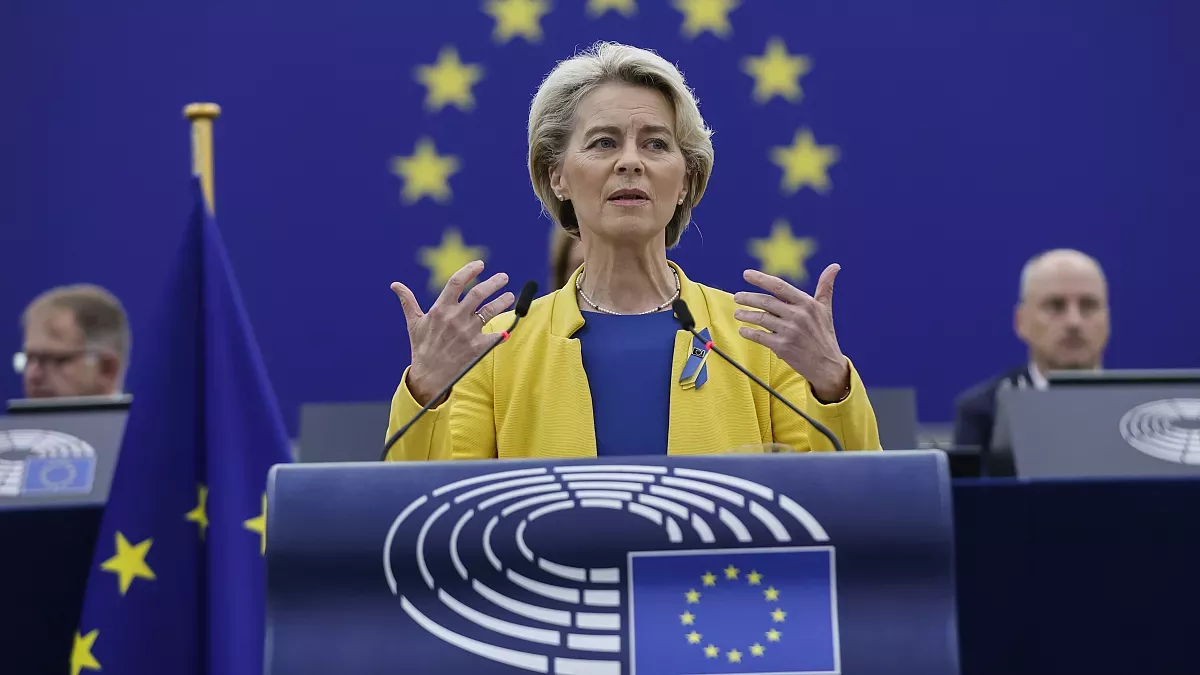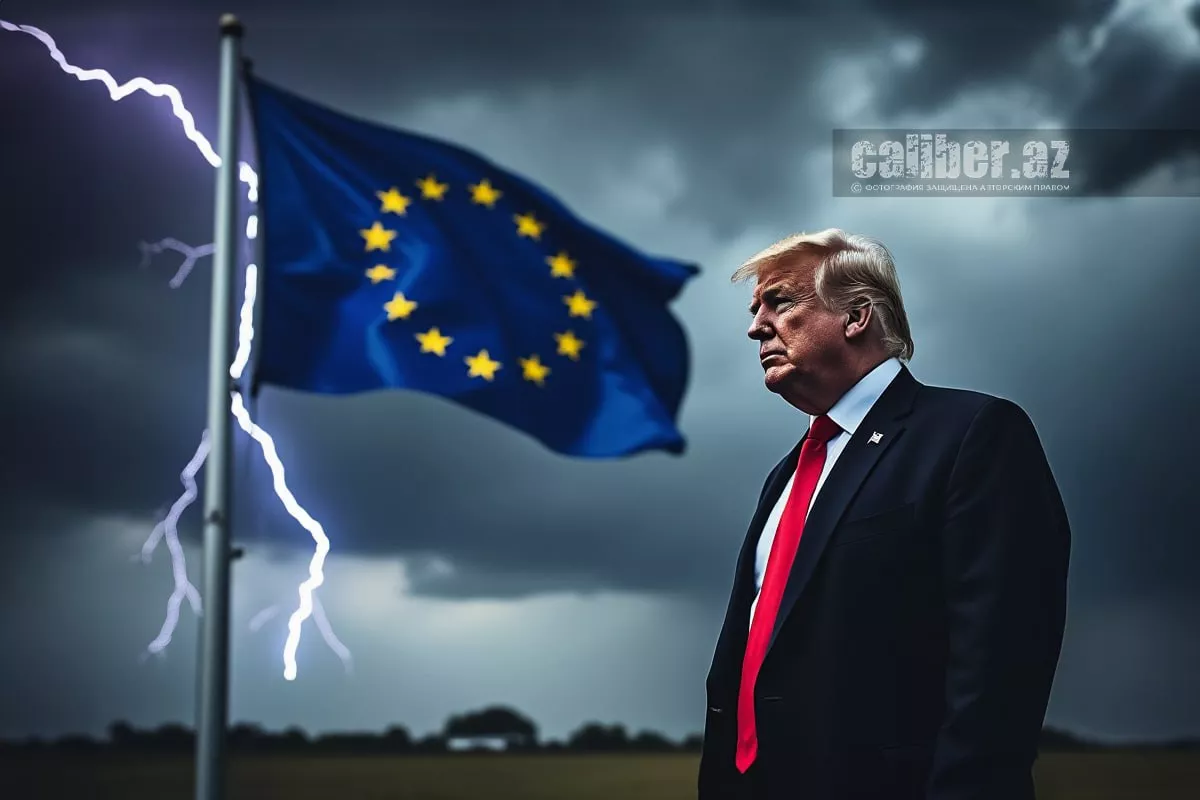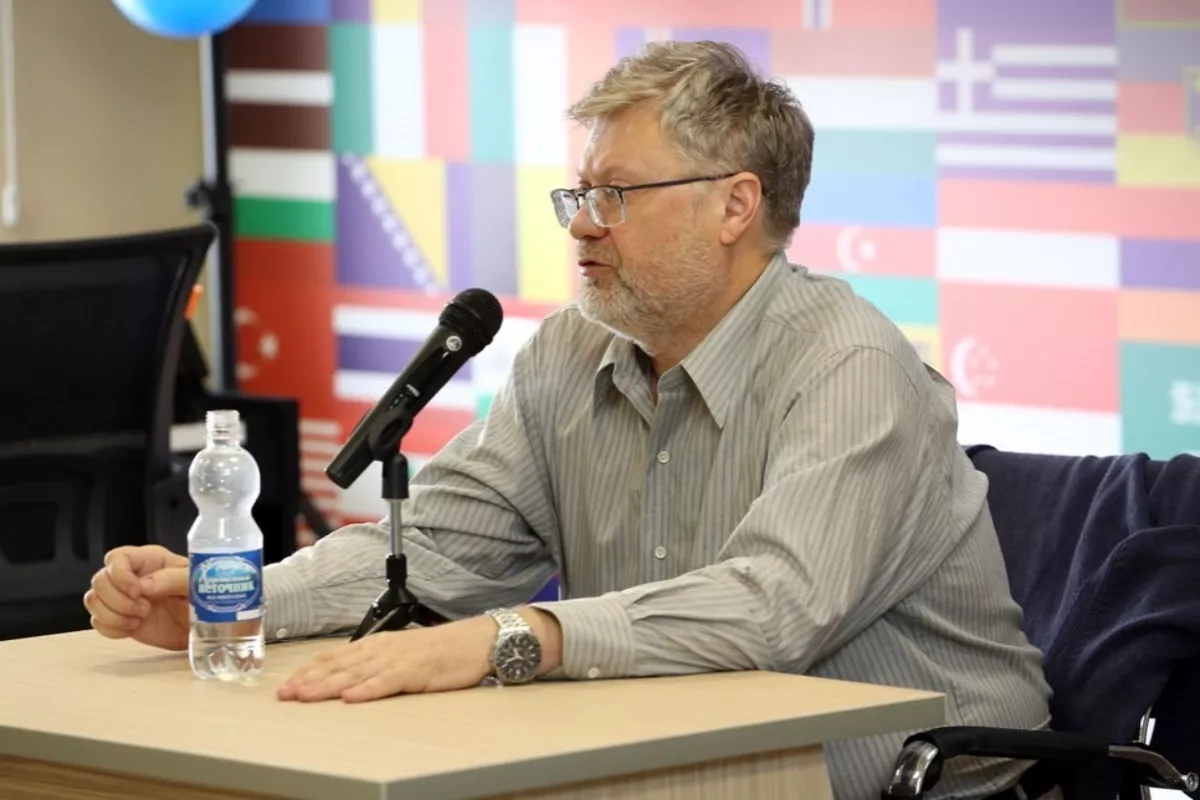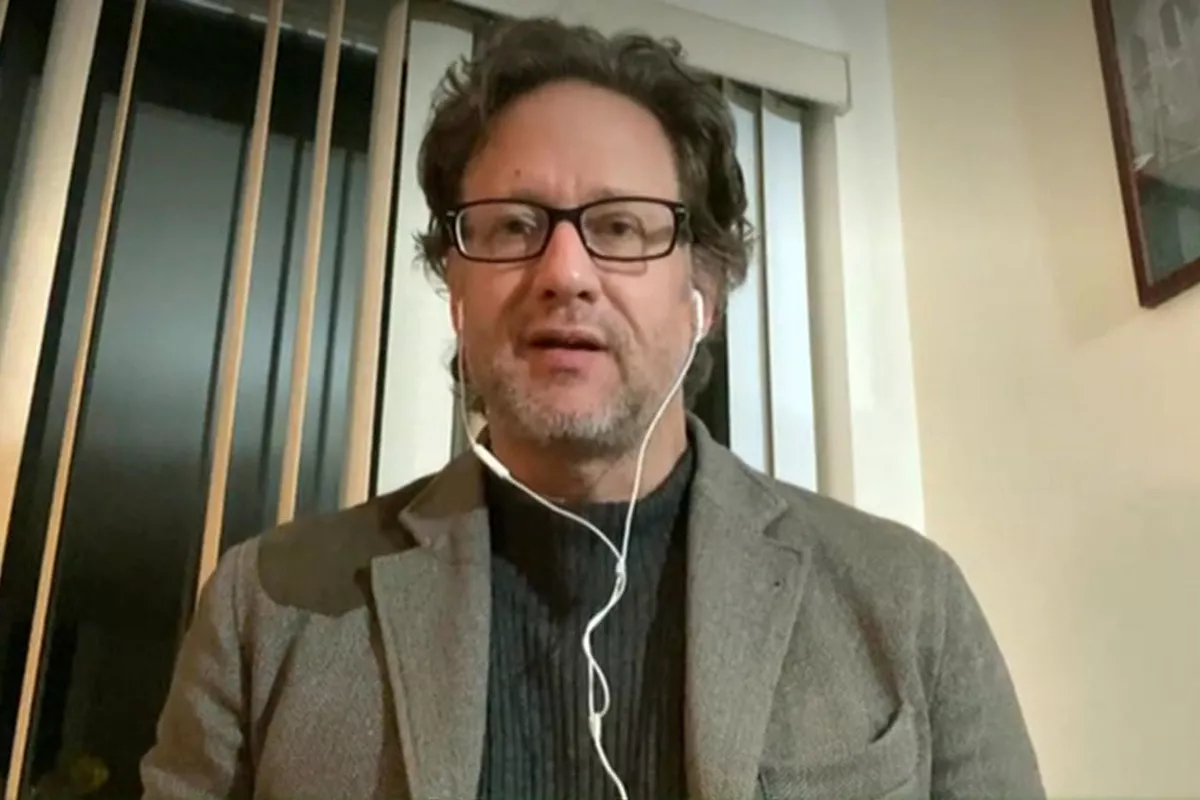A unified West? No such thing anymore! Experts weigh in on the future of Transatlantic relations
Just recently, Euronews reported a striking statement from Ursula von der Leyen: “The West as we knew it no longer exists.” Amid rapidly deteriorating relations with the United States under the Donald Trump administration, Europe is being forced to seek new allies and partners.

Following Trump’s introduction of sweeping tariffs — described by Brussels as “unjustified and harmful” — the President of the European Commission held phone talks with representatives from Norway, Iceland, Canada, New Zealand, Singapore, and the UAE. Von der Leyen also spoke with Chinese Premier Li Qiang, sparking speculation about a possible thaw in EU-China relations after years of tension.
“The world has become a globe also geopolitically, and today our networks of friendship span the globe, as you can see in the debate about tariffs,” von der Leyen said in an interview with the German newspaper Die Zeit.
“I could have these conversations 24 hours a day. Everyone is asking for more trade with Europe – and it's not just about economic ties. It is also about establishing common rules and it is about predictability. Europe is known for its predictability and reliability, which is once again starting to be seen as something very valuable,” she added.

Calling herself “a great friend of the United States of America” and “a convinced Atlanticist,” von der Leyen stressed that the long-standing ties between countries on both sides of the Atlantic remain unbreakable — despite the seismic shifts triggered by Donald Trump, including his “disruptive commercial policies, contempt for the multilateral system, annexationist threats and hard pivot towards Russia, all of which has alienated Washington's traditional allies.”
But what exactly is this “great friend of the United States” hoping to achieve by making such assessments of its president in the public sphere? Could she be contributing even further to a potential rupture in EU–US relations — personally, from her side? Von der Leyen is one of the top figures in the European Union today. What consequences might her words bring? Could they place the European bloc in an even more difficult position?
Renowned international experts shared their views with Caliber.Az.

Professor of Political Science and International Relations at Tennessee State University (USA), Andrei Korobkov, noted that Europe has no real alternatives to the United States — and they are well aware of it.
“As a result of the American administration’s actions over the past three years, Europe has become even more dependent — both on American energy supplies and on mutual trade in general.
It’s important to understand that the United States is far less reliant on exports than Europe. For instance, exports account for around 11% of U.S. GDP. But for many European countries, that figure exceeds 40%. In the case of the Netherlands, it's as high as 85%.
By raising tariffs and threatening trade wars, Trump is striking a severe blow to Europe — one that is significantly more damaging than any impact on the U.S. economy.
Therefore, Europe will have to make concessions — both unilaterally and through EU mechanisms. And they know this. The dynamics of the past three years have shown that — regardless of how the war in Ukraine ultimately ends — it is already becoming something of an economic catastrophe for Europe. Its dependence on the United States has grown sharply, both in terms of security and economically,” the professor stressed.
Significant markets — including the Russian one — have been lost, and Europe's room for manoeuvre has sharply diminished, Korobkov said.
“Trump is now pursuing a policy not only of raising tariffs but also of imposing strict conditions. Any preferential trade regime will be tied to a reduction in ties with China. So now, it's not just relations with Russia that are being severed — relations that were crucial primarily for resources (though Russia also used to be a significant export market for European goods) — but also with China.
This makes the European situation even more difficult, especially given the broader market dynamics — economically, militarily, and politically.
All of this exacerbates Europe’s internal challenges, particularly the rapid rise of right-wing parties, many of which advocate for weakening the power of the European bureaucracy and returning to a more absolute interpretation of national sovereignty,” Korobkov said.

American political commentator John Varoli expressed his shock at the current state of geopolitical analysis, saying that many so-called experts fail to understand what is truly happening.
“To begin with, for the past 110 years, there has only been one country that has consistently sought to dominate and control Europe — and that is Germany. World War I, World War II, and then the European Union — which, in essence, is a German project.
Now, we are witnessing how the EU is effectively turning into a kind of Fourth Reich. It’s a continuation of the German imperial ambitions, the ambitions of German oligarchs. Their goal is to seize and completely control Europe, to destroy the Slavs, and to subjugate Russia.
This, by the way, is a thousand-year-old war. Just look at history. The Germanic peoples have been waging war against the Slavs for over a thousand years. They call it Drang nach Osten — ‘push to the East.’ That’s a German term. I don’t understand why no one talks about this. It’s very strange. They now have a plan to create a Fourth Reich.
Who is Ms von der Leyen? She’s a German, and today she is like an ‘empress.’ And who was she before this? She was a complete nobody — and then suddenly, she’s in the most influential position in the European Union,” the analyst pointed out.
It’s all because, Varoli claims, von der Leyen is backed by extremely powerful, wealthy oligarchs.
“The second point is that there is a war going on within the Western elites — a war between liberal globalists and those who advocate for national sovereignty. That includes Trump and other conservatives.
Donald Trump has a different approach. He also wants to see a great American empire. But he doesn’t want to cooperate with the Europeans on equal footing. In Trump’s worldview, there are vassals and enemies. Europe, in his mind, should be a vassal.
We clearly understand that almost all European heads of state are globalists, and they supported Biden. They work closely with the Democratic Party — which, frankly, is Trump’s biggest domestic enemy. The current U.S. president is fighting the liberals at home (meaning the Democrats) and abroad, in Europe. That’s essentially what’s happening today.
On a global scale, these are different factions fighting for power, money, and territory. They don’t want to share; they can’t reach agreements among themselves. People keep talking about ‘the West’ — but what is the West, really? It’s just two rival camps, both wanting everything for themselves: power, money, territory. The difference is in their worldview. One camp consists of liberal globalists; the other is made up of conservatives who insist on the principles of territorial and national sovereignty. That’s the root of today’s tensions with the EU,” Varoli believes.

Political scientist Andrew Korybko (USA) stated that von der Leyen clumsily tries to convey the idea that transatlantic relations are no longer what they once were, at least in terms of how they were perceived by the elite.
“European leaders imagined that they were equals with the U.S., although this was never actually the case, as the U.S. has always seen them as junior partners. The false perception of solidarity was reinforced during the Biden administration, but the Trump administration dispelled these illusions once and for all.
Trump had already decided to treat Europeans as the junior partners they always were to the U.S. This was a signal of his intention to reduce the U.S. military presence in Europe and to wage a trade war against the EU. It’s unlikely that what the President of the European Commission or any other official says will have any impact on him.
The die is cast, and the reality of transatlantic relations, in which the EU has always been the junior partner to the U.S., will either be formalised or the EU will resist.
Von der Leyen is unlikely to have any real influence on events in any case. At best, Trump may mention them at a press conference or in a tweet, but nothing more significant is expected. After all, it was he who reminded everyone of the reality of transatlantic relations, where the EU has always been the junior partner to the U.S. — in contrast to Biden, who continued to pretend they were equals,” the expert noted.
According to him, Trump believes that the EU needs the U.S. more than the other way around, and this is the paradigm in which he formulates his policy.
“The EU is already in a difficult position after all these decades of voluntarily remaining largely dependent on the U.S. for its security, rather than taking on more responsibility in this regard.
The leaders neglected this, as they preferred to invest in social programs that increased their popularity, rather than in military ones. They also failed to diversify their trade relations at a more opportune time, and now they are very vulnerable in the face of Trump’s trade war. What is happening now has become a long-overdue awakening for them,” Korybko predicted.








